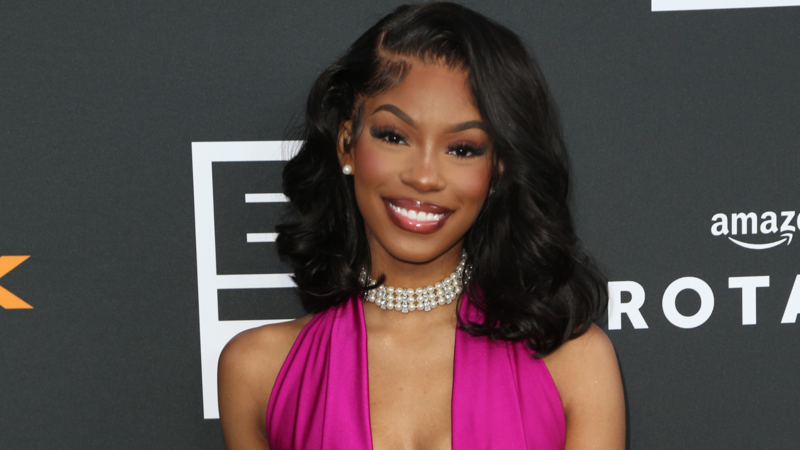Monaleo has been outspoken about the place of women in hip-hop. The rapper recently released her L.P., Where the Flowers Don’t Die, and has shared her thoughts on colorism in the music industry.
“I don’t want people to think that I’m trying to put myself at the forefront of all dark-skinned women. I just want to open the conversation for women my shade and darker, really,” she told NYLON. “This is also really subjective too, because it really depends on where you grew up. There are women who are extremely talented who are darker than I am, and I just wanted to speak up on my behalf for the experiences that I’ve gone through and for every woman who’s darker than me.”
In the past, Monaleo has spoken about how light skin Black women tend to get more opportunities and praise in the world of hip-hop. She has pointed to the fact that this isn’t anything new. Colorism has been at play in the Black community since the early days of slavery in the United States.
.@TheMonaleo speaks on colorism and how it’s easier for a light skin female rapper to make it in the industry. pic.twitter.com/1d9SVq222H
— The Female Rap Room (@girlsinrap) January 5, 2023
The word “colorism” was first used by the author and activist Alice Walker, reports TIME. She defined it as “prejudicial or preferential treatment of same-race people based solely on their color” in her 1983 book In Search of our Mothers’ Gardens. It has been a pervasive issue in the African American community but also around the world — notably in countries that have undergone European colonization, such as countries in the West Indies, Africa and Latin America.
“It’s about desirability in this industry, and currently, what people deem more desirable is lighter skin,” Monaleo said. “That ties into not only just colorism but texturism. They like to make it seem like they appreciate curly hair girls, but they don’t mean dark-skinned women with 4C hair.”
The rapper also defends being able to speak on this sometimes divisive issue.
“When you have a group of women who are being vocal about the fact that they feel like they’re underrepresented in certain spaces and would like to be afforded the same opportunities that other people have, I don’t think that’s a crime,” she says. “It’s not to denounce or take away from anything a lighter skin woman would experience in this industry, I just want to open up the conversation to change some sh*t around. Just maybe make it more fair and a better experience for people who feel like they’re underappreciated.”

